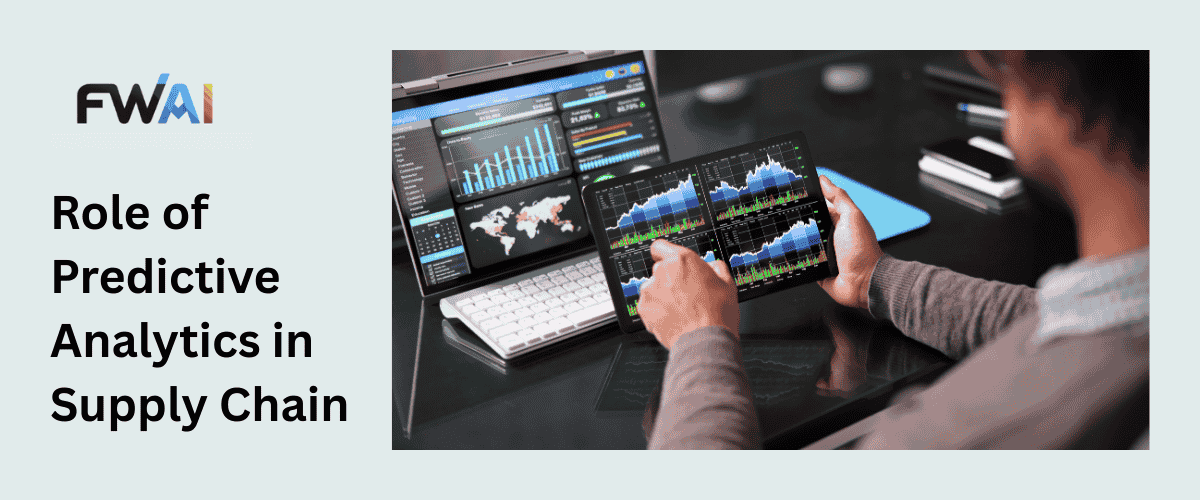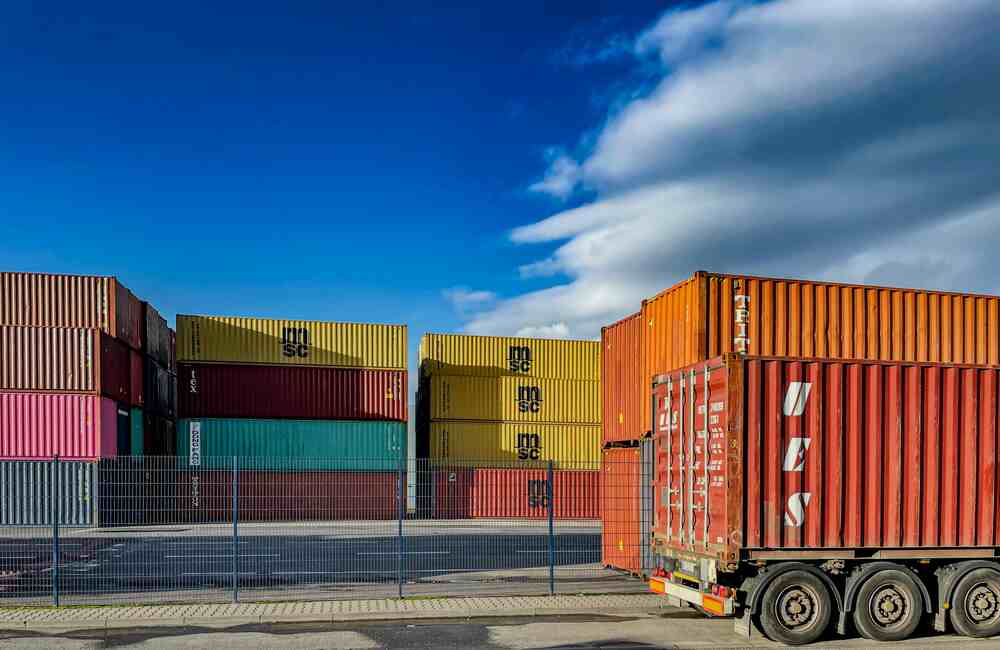
In the rapidly evolving landscape of supply chain management, predictive analytics is emerging as a game-changer. By 2025, the integration of AI-driven predictive analytics will significantly enhance demand forecasting accuracy and efficiency. This will lead to smarter inventory management, reducing costs and enabling businesses to respond dynamically to market fluctuations. Using advanced techniques such as Long Short-Term Memory (LSTM) networks, companies can analyze historical data and identify patterns that inform more accurate forecasts. The marriage of predictive analytics with technologies such as NVIDIA's cuOpt allows businesses to solve large linear programming problems in near real-time, optimizing resource allocation and inventory decisions.
Predictive analytics will not only improve forecasting but also provide a foundation for more sophisticated decision-making processes. It enables businesses to anticipate customer demand, thereby minimizing overstock and stockouts. By leveraging historical data and market trends, companies can build robust models that predict future demand with unprecedented accuracy. This leads to reduced holding costs and optimized inventory levels, allowing organizations to operate more efficiently.
Automation and Robotics: Transforming Warehouse Operations
As we look ahead to 2025, the integration of AI-powered automation and robotics in warehouse operations will offer a transformative approach to supply chain management. Automation technologies are streamlining processes, reducing labor costs, and increasing operational speed and accuracy. Robotics can handle repetitive tasks such as picking, packing, and sorting with greater precision than human workers. This results in a more efficient workflow and allows human employees to focus on higher-value tasks that require critical thinking and problem-solving.
AI-driven technologies, such as computer vision and machine learning algorithms, will enhance the capabilities of warehouse robots. For example, the implementation of Graph Neural Networks (GNN) can optimize routing and task allocation in warehouses, improving the overall efficiency of operations. By analyzing the relationships and structures within supply chain networks, GNNs can provide actionable insights that inform better decision-making. This leads to reduced operational costs and faster turnaround times, ensuring that businesses can meet customer demands promptly.
In addition to improving efficiency, automation and robotics can also enhance workplace safety. By taking over dangerous tasks, robots can reduce workplace injuries, creating a healthier work environment. This shift not only benefits employees but also contributes to a more sustainable and responsible supply chain.

Image Source : Unsplash
Real-Time Data Integration for Enhanced Decision-Making
In today's fast-paced business environment, real-time data integration is no longer a luxury but a necessity. The ability to access and analyze data in real-time enables supply chain managers to make informed decisions quickly and respond to market changes with agility. By 2025, we can expect a significant increase in the use of AI-driven data integration tools that consolidate information from various sources, providing a comprehensive view of the supply chain.
The integration of real-time data allows businesses to monitor inventory levels, track shipments, and analyze demand patterns as they unfold. By leveraging advanced algorithms and machine learning techniques, companies can identify anomalies and trends that may impact their operations. This proactive approach helps organizations mitigate risks and capitalize on opportunities, enhancing overall efficiency.
Moreover, real-time data integration fosters collaboration among supply chain partners. By sharing information and insights, businesses can work together to optimize processes and improve overall performance. This collaborative approach leads to greater transparency and trust among stakeholders, ultimately resulting in a more resilient supply chain.
Sustainability Through AI: Greener Supply Chain Practices
As the world becomes increasingly aware of environmental issues, sustainability will take center stage in supply chain management by 2025. AI technologies will play a crucial role in promoting greener practices by optimizing resource usage, reducing waste, and enhancing eco-friendly logistics. Businesses that embrace sustainability will not only contribute to a healthier planet but also gain a competitive edge in the marketplace.
AI-driven solutions can analyze data to identify inefficiencies in resource utilization, enabling companies to optimize their operations and reduce their carbon footprint. For instance, advanced algorithms can help businesses determine the most efficient transportation routes, minimizing fuel consumption and reducing emissions. Additionally, AI can facilitate better inventory management, ensuring that products are not overproduced or wasted.
Furthermore, AI technologies can support sustainable sourcing practices by analyzing supplier data and assessing their environmental impact. By selecting suppliers that adhere to eco-friendly practices, businesses can create a more sustainable supply chain that aligns with consumer preferences.
The Future of AI-Driven Collaboration in Supply Chains
As we move towards 2025, AI will foster collaboration among supply chain partners like never before. Improved communication and transparency will be at the forefront of this transformation, enabling businesses to work together more effectively. By utilizing AI-driven tools and platforms, companies can share data and insights, leading to better decision-making and enhanced operational efficiency.
Collaboration will be further strengthened by the application of advanced technologies such as reinforcement learning and Game Theory. These methodologies will allow supply chain partners to optimize their interactions and resource allocations, ensuring that all parties benefit from the collaboration. For instance, using eXtreme Gradient Boosting (XGBoost) for credit assessment can enable rapid monetization of inventory, allowing partners to make informed financial decisions based on real-time data.
Moreover, the integration of AI-driven collaboration tools will create a more adaptable supply chain. Businesses will be better equipped to respond to unexpected disruptions, such as natural disasters or market fluctuations. By working together and leveraging AI technologies, supply chain partners can build resilience and ensure business continuity.
Conclusion: Embracing the Future of AI and Machine Learning with FuturewebAI
As we look towards 2025 and beyond, the role of AI and machine learning in supply chain management will only continue to grow. From predictive analytics and automation to real-time data integration and sustainable practices, the future of supply chains is bright and full of possibilities. Businesses that embrace these technologies will not only enhance their operational efficiency but also position themselves as leaders in their industries.
At FuturewebAI, we are committed to helping organizations harness the power of AI and machine learning to transform their supply chains. Our innovative solutions are designed to optimize processes, enhance decision-making, and promote collaboration among supply chain partners. By leveraging cutting-edge technologies, we empower businesses to navigate the complexities of supply chain management and achieve sustainable growth.
Join us on this journey towards a smarter, more efficient, and sustainable future. Together, we can redefine the way supply chains operate and unlock new opportunities for success. Contact FuturewebAI today to learn more about our AI-driven solutions and how we can help your business thrive in the ever-evolving landscape of supply chain management.